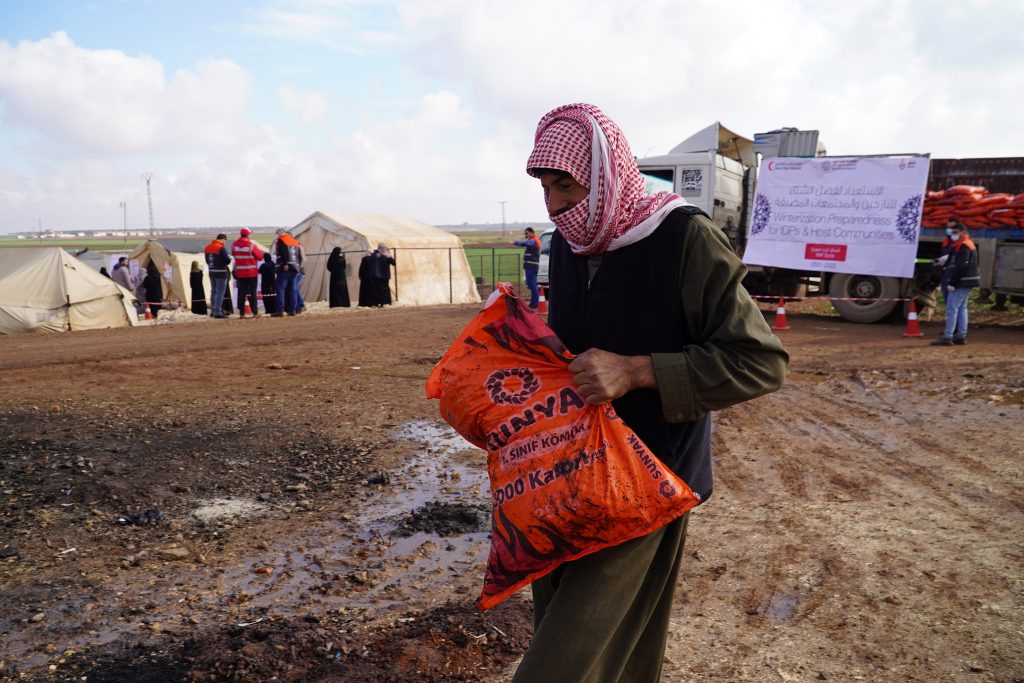The Qatari entity stepped in after the tragic February earthquakes to provide Syrians in the north of the country with much-needed assistance.
The Qatar Fund for Development (QFFD) and Turkish emergency response entity, AFAD, have announced plans to establish a city in northern Syria that will house 70,000 people on Wednesday.
The project aims to shelter displaced Syrians that have struggled through more than decade of war as well as the most recent February earthquakes, which have a devastating impact on both Turkey and north Syria.
“This agreement aims to establish an integrated city in northern Syria, benefiting 70,000 individuals, to provide means for a decent livelihood for Syrian refugees and internally displaced persons, as well as support their resilience,” QFFD said in a statement.
“Since the beginning of the Syrian crisis, Qatar has been eager to respond and provide humanitarian and relief aid to the Syrian people based on its strong belief in their right to a decent life,” QFFD said, pointing to the deadly years-long conflict in the country.
In February, QFFD and other global organisations mobilised to respond to the deadly earthquakes that rocked Turkey and Syria and killed at least at least 50,000 people in both countries.
Hundreds of thousands were displaced by the natural disaster – the worst to strike the region in a century.
Last week, the QFFD announced a financial agreement to back Syria’s Civil Defence, widely known as the White Helmets. The two worked in close collaboration in the aftermath of the earthquakes despite limitations imposed by the Assad regime’s grip on humanitarian assistance.
On 14 March, QFFD announced that its earthquake aid to Turkey and Syria reached QAR 201.8 million.
According to the United Nations, more than 500,000 people in Syria were made homeless due to the catastrophe, with the northern region of the crisis-laden country most impacted.
The World Bank previously said Aleppo was the hardest hit by the earthquakes and noted some 60% of damage there, followed by Idlib and Latakia.
The earthquakes exacerbated an already-dire situation for Syrians that have suffered through 12 years of a conflict that has destroyed much of the country under the Bashed Al Assad-led Syrian regime.
In 2011, pro-democracy protests that erupted in Syria were brutally crushed by Assad, paving the way to a years-long conflict that has devastated much of the country and killed hundreds of thousands.
More than a decade on, millions of displaced Syrians are now unable to return home in fear of torture, forced disappearance or detainment by the Assad regime.
According to the UN, there are at least 5,424,773 registered Syrian refugees scattered in neighbouring countries.
Qatar has long called for a political resolution in Syria and has consistently voiced its refusal to normalise with the Assad regime, noting such a move would be a betrayal of the Syrian people.







